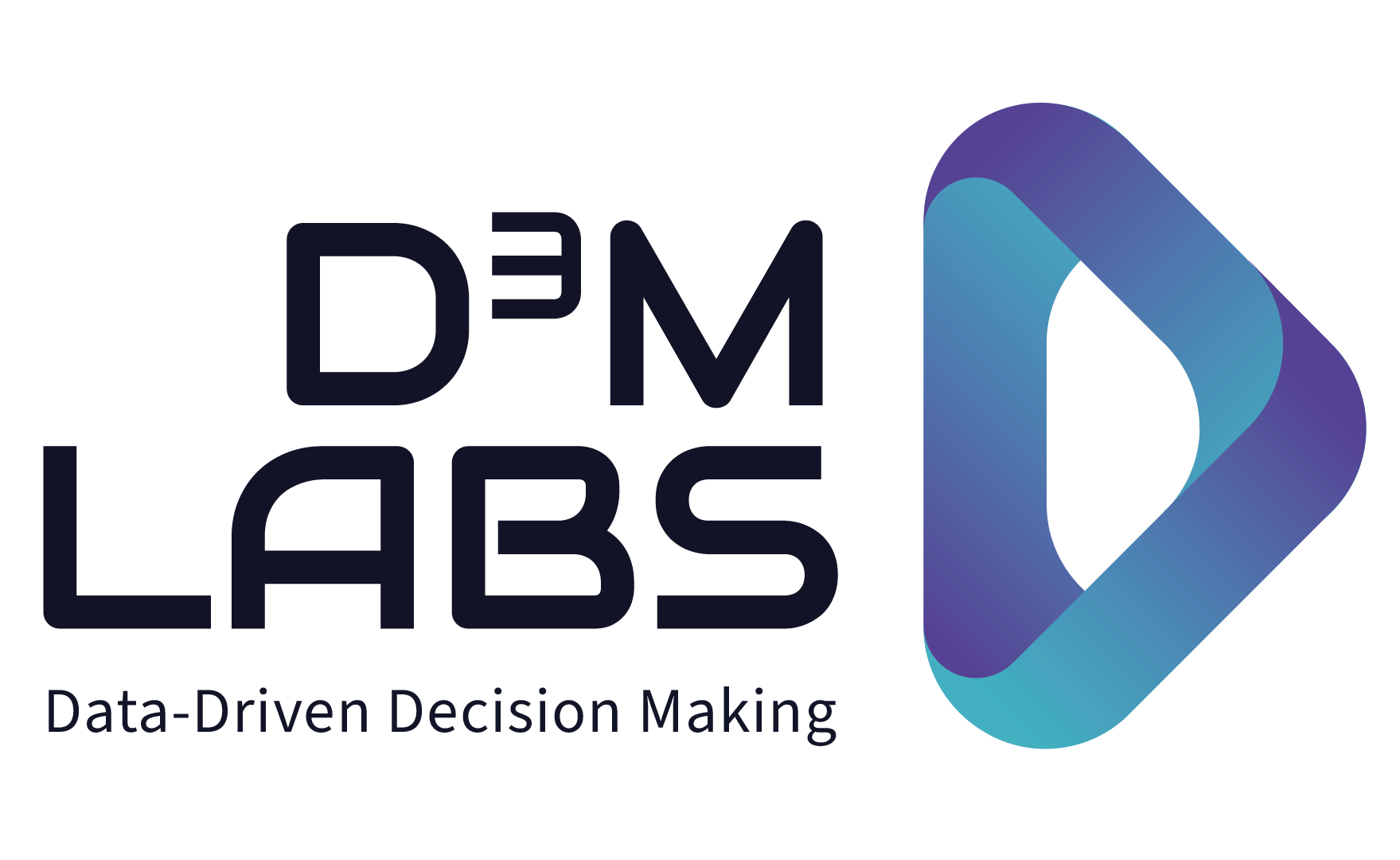Kategorie: Data governance
Die Schaffung einer sicherheitsbewussten Kultur zum nachhaltigen Erfolg
Sicherheit ist ein fortlaufender Prozess, kein einmaliges Ereignis. Wir müssen unsere Sicherheitspraktiken ständig anpassen und verbessern, um neuen Bedrohungen zu begegnen. In der Eile, etwas zu liefern und Geld zu verdienen, wird die Sicherheit oft vernachlässigt. Aleksandra Kornecka sprach mit Elizabeth Press (mir) darüber, wie man eine sicherheitsbewusste Kultur schafft.
Why the Digital World Needs Operations
Operations is the often-overlooked hero of profitable growth. Antonia Landi and Elizabeth Press (myself) connected over the insight that operational excellence is the key to business success, be it in product, data, on the factory floor or the newsroom. Even creative agencies have processes. Ops and processes will become a passport to play, as legislators catch up with technology (NIS2, DORA as examples) and ISO 27001 becomes a standard business hygiene in many industries.
Die Sicht eines Data Leaders auf Cybersicherheit
Dieser Blog enthält einige meiner wichtigsten Eindrücke von der kürzlich stattgefundenen niederländisch-bayerischen Konferenz ‚Zusammenarbeit in der Cybersicherheit: Die wichtigsten Aufgaben für die Unternehmensführung‘ in München, organisiert von InnovationQuarter. Ich hatte das Privileg, von der Recruiting-Firma GCS zu der Veranstaltung eingeladen zu werden. Die Welt wird immer digitaler und gefährlicher, was den Gedankenaustausch über Cybersicherheit zwischen Freunden und Geschäftspartnern unerlässlich macht. Ich verbrachte einen Tag damit, brillanten Köpfen aus den Niederlanden, Bayern und darüber hinaus zuzuhören, die darüber sprachen, wie man Cybersicherheit zu einem C-Suite-Thema machen kann.
A Data Leader’s Perspective on Cybersecurity
This blog entails a few of my high-level takeaways from the recent Dutch-Bavarian „Collaboration in Cybersecurity: The most important tasks for business leaders“ conference in Munich, Organized by InnovationQuarter. I was privileged to get invited by the recruiting firm GCS to the event. The world gets increasingly digital and dangerous, making the exchange of ideas about cybersecurity between friends and trading partners essential. I spent a day listening to brilliant minds from the Netherlands, Bavaria and beyond talk about what how to make Cybersecurity a C-Suite issue.
Data Mesh – Wie man verhindert, dass es sich in ein geldverschlingendes Chaos verwandelt – ein Podcast
Data Mesh ist eine analytische Datenarchitektur und ein Betriebsmodell, bei dem Daten wie ein Produkt behandelt werden und den Teams gehören, die sie produzieren, d. h. den Geschäftsbereichen. Wie können sich Unternehmen auf den Weg zu Data Mesh machen, ohne ihre Budgets zu sprengen und letztlich einen großen, unübersichtlichen und teuren Datensumpf zu schaffen? Höre dir den Podcast an. Lese den Blog.
Data Mesh – How to prevent it from turning into a money draining mess – A podcast
Data Mesh is an analytical data architecture and operating model where data is treated like a product and owned by teams who produce it, i.e the busness domains. How can organizations embark on their data mesh journeys without exploding their budgets and ultimately creating a big, mess, expensive data swamp? Listen to the podcast. Read the blog.
Tackling machine learning enemy #1, poor data quality – an interview with Sahar Changuel, PhD
Data quality is a business problem, as well as a tech problem. It is the biggest enemy of data-driven business and machine learning. Bad quality data can block or render a data project or machine learning use case unusable and thus a waste of money, human resources and time. Tackling data quality needs to be a targeted, systemic and ongoing, rather than a huge, one time cathartic event.
Die Interoperabilität von Daten als Voraussetzung für Innovation im Gesundheitswesen – Ein Gespräch mit Jörg Godau
Startups im Gesundheitswesen wie doctorly sehen die Chance, mit SaaS-Plattformen, die auf offenen Standards im Gesundheitswesen basieren, das Rad neu zu erfinden. Das etablierte Gesundheitssystem basiert auf einer fragmentierten Landschaft von Softwareanbietern und Datenlösungen. Dateninteroperabilität bietet die Chance, Innovationen im Gesundheitswesen in Deutschland und darüber hinaus zu ermöglichen.
Data interoperability is a precondition for healthcare innovation – An interview with Jörg (Jack) Godau
Healthtech startups such as doctorly and others see the opportunity to reinvent the wheel with SaaS platforms based on open standards in healthcare. The incumbent healthcare system is based on a fragmented landscape of software providers and data solutions. Data interoperability presents an opportunity to unblock innovation in healthcare in Germany and beyond.
Tech debt sloth breeds a culture of sloppy operations – An interview with Daniele Marmiroli, PhD
Tech debt is often unavoidable in most early stage startups. Not fixing the tech debt as a company gets traction and scales is more of a problem than the original creation of the tech debt. Turning a blind eye to tech debt has implications beyond the stack and creates an unstructured and sloppy culture.







